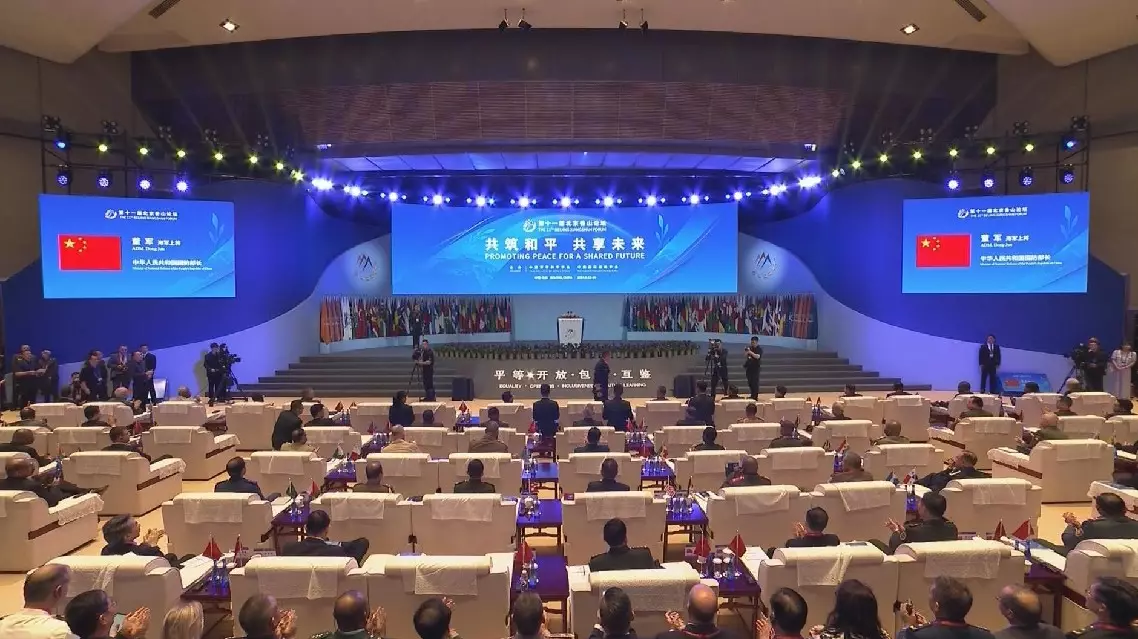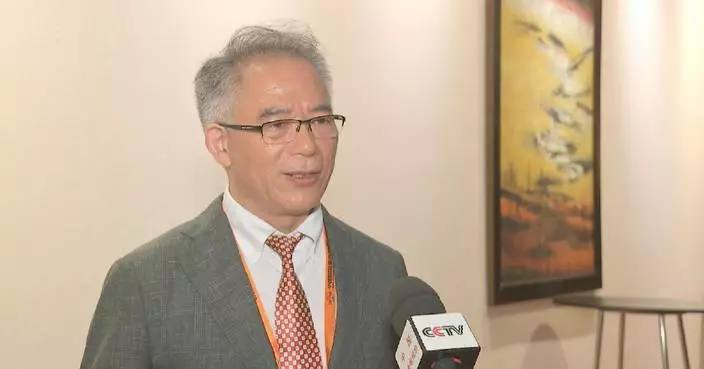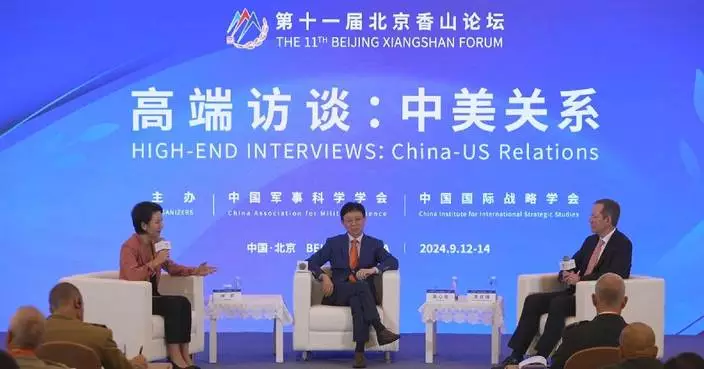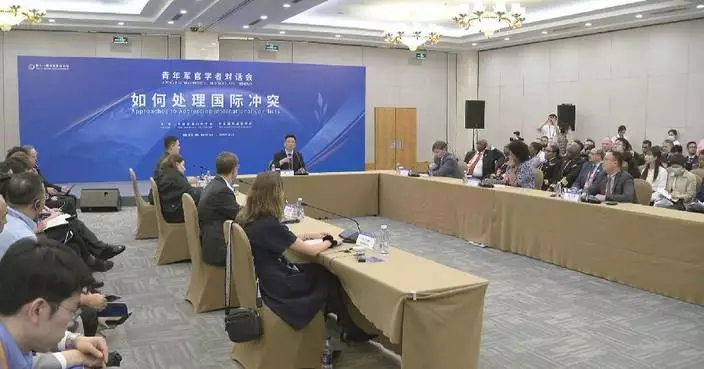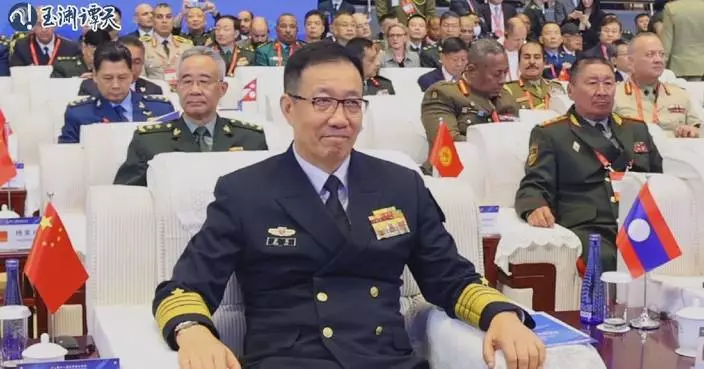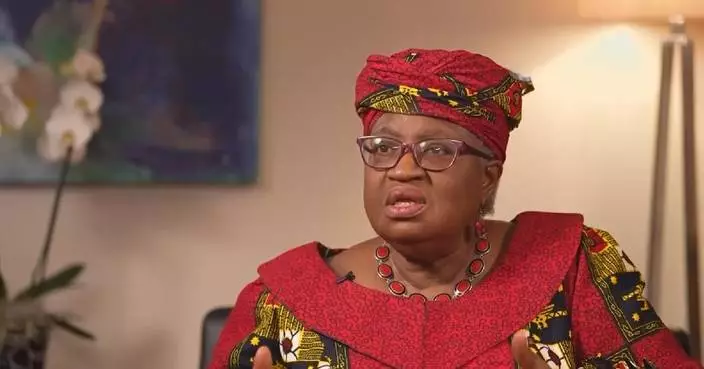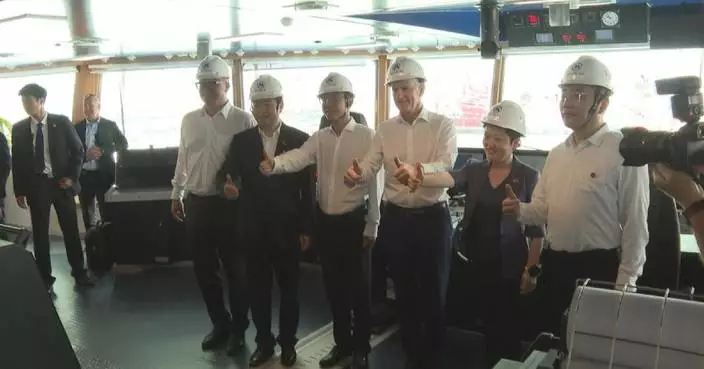China's Ministry of Commerce, alongside three other departments, has unveiled an enhanced home appliance trade-in program with unprecedented subsidies aimed at boosting consumer spending.
In March, the government introduced a plan to promote large-scale equipment upgrades and trade-in programs for consumer goods. This initiative was reinforced in July with additional measures to further support home appliance upgrades and trade-ins.
Central China's Hubei Province has recently expanded its trade-in program, increasing both the subsidy amounts and the range of eligible products.
Starting August 10, the program now covers eight categories of home appliances, including computers, washing machines, and refrigerators, with subsidies reaching up to 20 percent. This expansion has resulted in high participation rates, with many residents in the provincial capital Wuhan taking advantage of the program.
"I'm using the trade-in program to get my child a new computer. The original price was too high, so I didn't make the purchase. Once I learned about the subsidy, I came here immediately," said Ms. He, a local resident in Wuhan.
Hubei has also launched an online public service platform for trade-ins, providing a streamlined service for recycling old appliances and purchasing new ones. Over 300,000 users have engaged with this platform to date.
"By completing real-name verification, one can receive a voucher for eight categories of home appliances. This voucher can be redeemed both online and in stores for an immediate discount of 15 percent to 20 percent. Our home appliance retailers will also recycle old appliances at market value while delivering new ones," explained Chen Jie, an official with Hubei Provincial Department of Commerce’s Department of Circulation.
Beyond home appliances, Hubei has increased subsidies for vehicle scrapping and trade-ins, raising the amounts for qualifying new energy vehicles from 10,000 yuan to 20,000 yuan (from 1,400 to 2,800 U.S. dollars), and for fuel vehicles from 7,000 yuan to 15,000 yuan (from 980 to 2,100 U.S. dollars).
On Aug 28, Hubei will host an event to further promote consumer goods trade-ins measures and introduce additional beneficial initiatives.
The updated policy specifies subsidies for eight types of home appliances: refrigerators, washing machines, televisions, air conditioners, computers, water heaters, kitchen stoves, and range hoods. Local governments are encouraged to extend subsidies to additional appliance types based on regional needs and conditions.
"The scope of these subsidies offers consumers greater choice and aligns more closely with their actual needs, enhancing their overall experience and sense of benefit," said Chen Xi, associate researcher at the Macroeconomic Research Institute of the National Development and Reform Commission (NDRC).
The new policy also features increased subsidy amounts. The government will cover 20 percent of the sales price for appliances with top energy and water efficiency ratings, and 15 percent for those meeting lower standards. Each consumer can receive a subsidy for one item per product category, up to a maximum of 2,000 yuan (about 280 U.S. dollars).
"For appliances with top energy and water efficiency ratings, the government subsidizes 20 percent of the sales price, meaning one-fifth of the cost is covered by the government. This is a significant proportion. Essentially, the central government covers 90 percent of the cost, while local governments cover the remaining 10 percent. In western regions, the central government covers up to 95 percent, thereby assuming a larger share of the subsidy responsibility in financially weaker areas," said Zou Yunhan, deputy director of the Macroeconomic Research Office at the State Information Center of China, a think-tank affiliated with the NDRC.
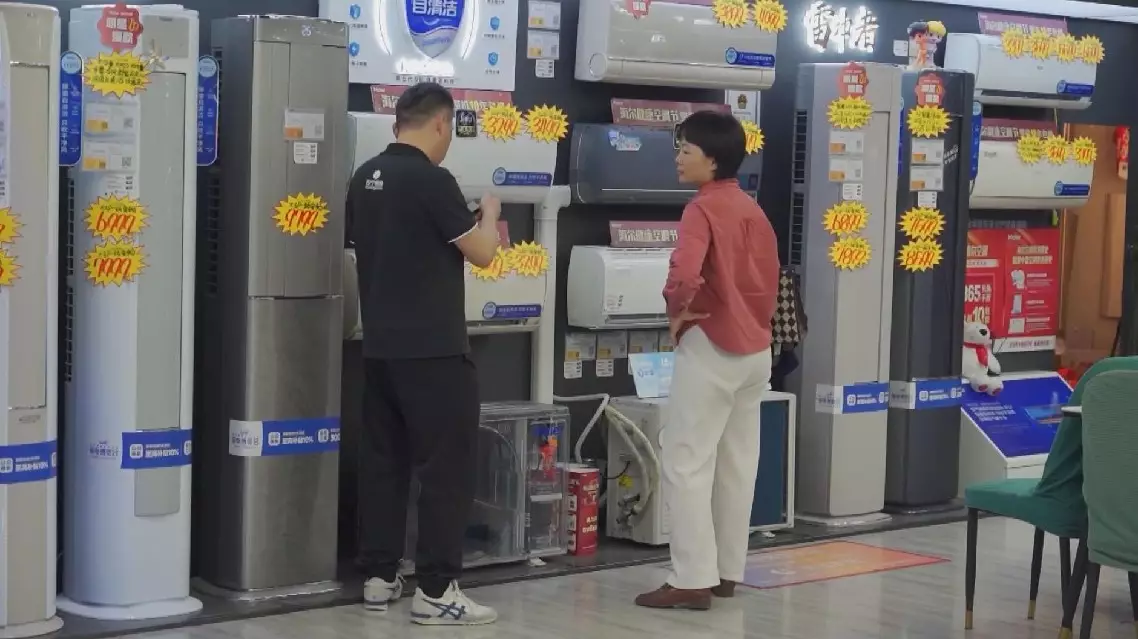
China upgrades trade-in program to boost consumer spending


